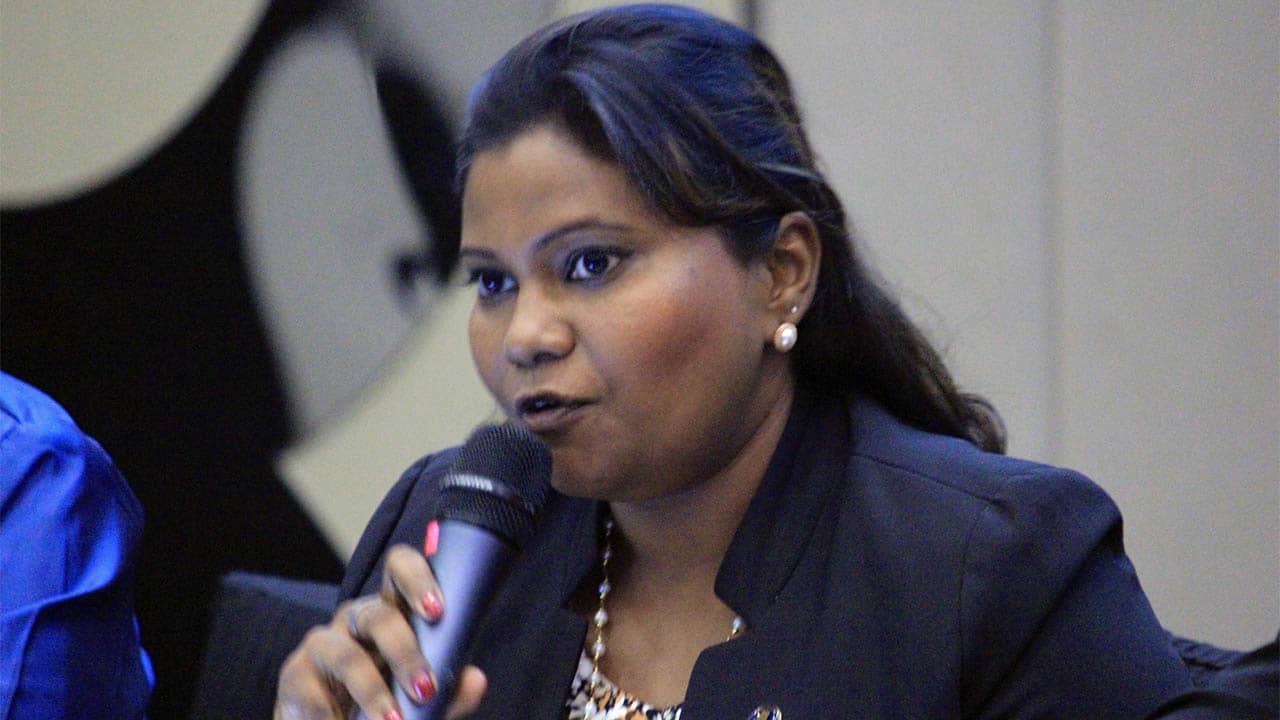
Kuala Lumpur, New York
Democratic institutions in Malaysia are suffering severe blows. PGA urges the Malaysian government to respect its constitutional order, fundamental democratic principles such as the separation of power, and the civil and political rights of parliamentarians.
On 2 August 2021, one hundred and seven (107) opposition Members of Parliament (MPs) made their way to the Malaysian Parliament building in a context of increasing political tension between the government and Malaysia’s constitutional monarch over the mishandling of the Covid-19 pandemic and on the Emergency Ordinance imposed. Peaceful legislators heading to Parliament were met by the Royal Malaysian Police and the riot police, also known as the Federal Reserve Unit (FRU) – as they blocked every access road to the premises of parliament. Barricades were set up two (2) kilometers away from the parliament’s main gate preventing Malaysian lawmakers from entering in. With nowhere else to assemble, dozens of MPs gathered in Merdeka Square, urging Prime Minister Mahiaddin to resign. As they planned to walk to parliament, the riot police threatened them with the use of coercive measures, inter alia, water cannons. The day after, on 3 August, eight (8) MPs were called to ‘assist’ in the police investigation of the peaceful demonstrations, after the police said that all MPs present would be questioned in the framework of their investigations.
I have an appointment with the police on Thursday, 9 August 2021, to give my statement in the investigation of our peaceful protest. Such disproportionate response by security forces to peaceful protests, violates fundamental civil and political rights. The Malaysian democracy is suffering setbacks; the principle of separation of powers – fundamental to the Rule of Law – is not respected by the government, preventing us from representing our constituents. Parliament must continue working as it oversees the legality of government action, even more necessary in this difficult context in which the pandemic is claiming many lives.Kasthuri Patto, MP for Batu Kawan, PGA Executive Committee Member and Founding Member of the Parliamentary Rapid Response Team (PARRT).
This is not the first political crisis in the Southeast Asian country while battling the pandemic, as in February 2020, former Prime Minister Mahathir Mohamad resigned and was replaced, in March 2020, by Prime Minister Mahiaddin Yassin with a thin majority.
On Monday, 2 August 2021, the Prime Minister, who has been under increasing pressure to resign, adjourned the parliamentary session to avoid accountability under false pretenses of curbing the spread of the Delta variant of Covid-19, including in parliament where two positive cases had been detected . The Ministry of Health stated in fact that the parliament was a high-risk forum and a parliament sitting would accelerate the spread of the virus. Opposition legislators have deemed this scenario improbable and an “excuse” for Muhyiddin to avoid any scenario to remove him from office; especially since Malaysian politicians were among the first to get the Covid-19 vaccine.
The pressure to resign has increased last week when Malaysia's King issued a statement admonishing the government’s decision to revoke emergency laws without his approval, and a debate in Parliament considered by the palace as against parliamentary democracy. In fact, for the first time after a suspension of seven months because of Covid-related emergency laws implemented since January 2021, parliament resumed its sessions but it was only a “briefing” session with limited time given for lawmakers to debate and question the Government on their spending and accountability of Executive decisions made during the emergency. Now, the debate to repeal such laws may be held, according to Prime Minister Mahiaddin, in September. In spite of increasing discontent from both allies and opposition lawmakers, Mr. Mahiaddin informed the King on 4 August 2021 that he had sufficient support from lawmakers to pass muster during a vote of no-confidence. The Prime Minister will need 112 votes of the 220 sitting MPs.
Background
It is not the first time that Malaysia’s parliament is under attack. National elections in 2018 brought a turnover in Malaysia’s ruling party for the first time in more than 60 years. Less than two (2) years later, amid compounding economic pressures, political controversies, and internal rivalries, the government collapsed in February 2020. A new coalition emerged and was appointed as government by the king. However, the coalition was highly unstable and was criticized internally and outside the country as a “backdoor” government lacking democratic legitimacy, including several parties that voters had rejected in the May 2018 elections.
Against this backdrop, the Malaysian parliament sat for the first time in 2020, for one day, on 18 May, after the government postponed the session scheduled to begin in early March. The session was anticipated to include debate over several important motions, including additional government spending in economic stimulus packages to cushion the impact of the coronavirus, as well as a no-confidence vote against Prime Minister Mahiaddin Yassin amid mounting dissatisfaction.
Citing the COVID-19 pandemic, Muhyiddin announced that parliament would convene for only one day with a single agenda item: an address by the king, with all but state media barred from attendance.


